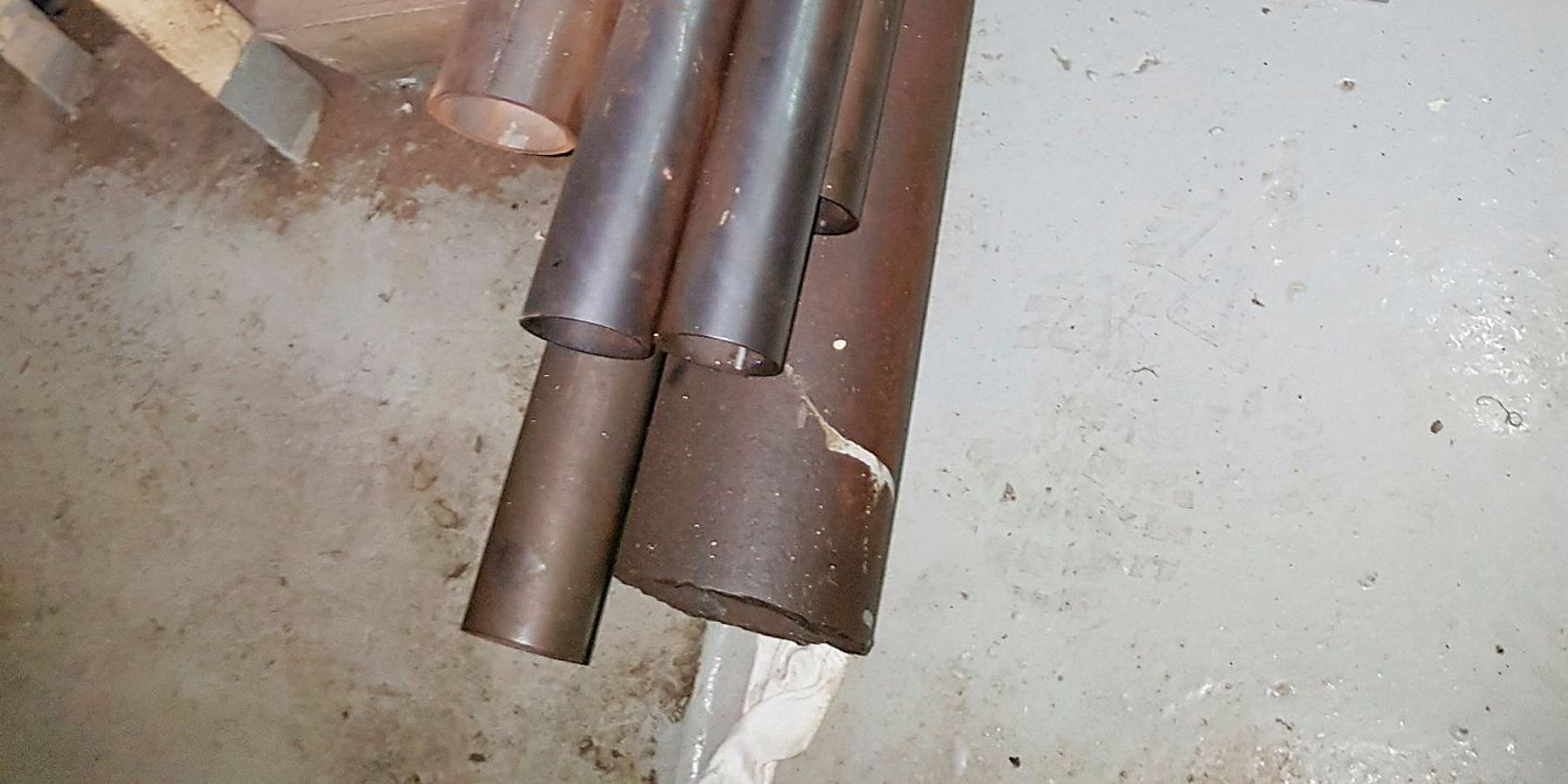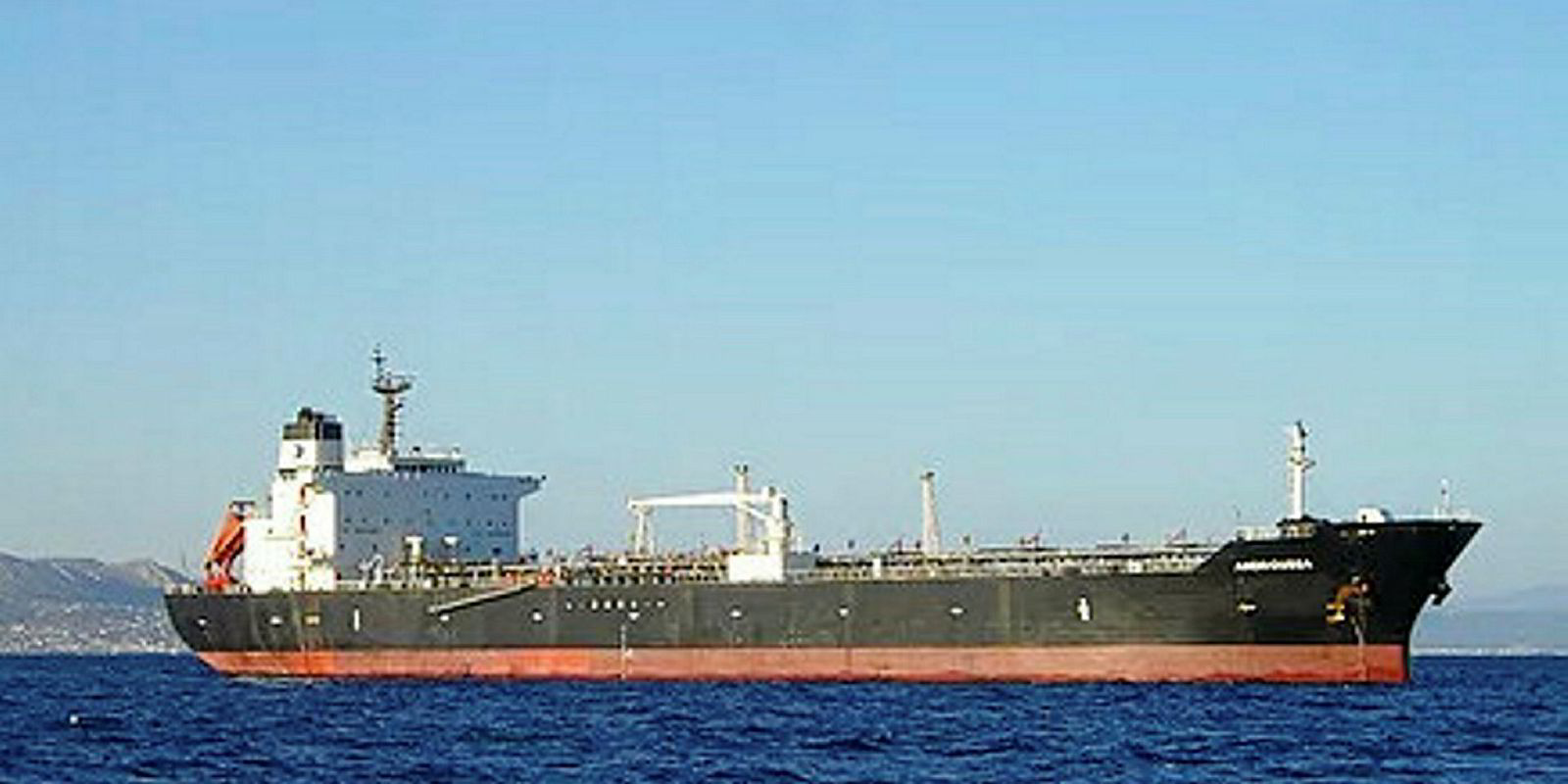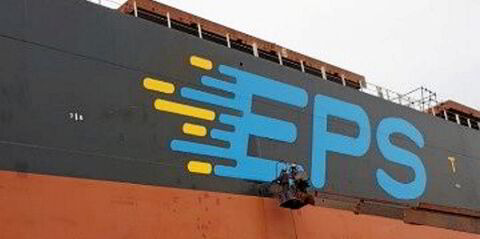Representatives of Greek shipowner Dileton Maritime say Saudi customs officials accused them of arms smuggling in order to retroactively justify an illegal confiscation of Dileton's Yemen-bound ship and its cargo.
They say the seizure at gunpoint of Dileton's 47,600-dwt MR product tanker Androussa (built 1995) a year ago in the Red Sea is part of a campaign of interference with merchant shipping.
That, they argue, is exacerbating Yemen's grave humanitarian crisis by forcing shipowners and their insurance underwriters to shun the area, cutting civilians off from vital commodities. In a similar incident, Saudi officials previously denied that the country is blocking shipments of medicine, food and fuel into Yemen.
A UN panel's report to the Security Council, while not taking a public position on the Androussa case, criticises key evidence in the seizure and agrees that Yemeni civilians are suffering the effects of the de facto blockade.
In addition to a public 329-page letter on all matters related to the Yemen arms embargo, the panel of experts has reported confidentially to the Security Council specifically on the Androussa affair.
Last week, TradeWinds reported exclusively on the Saudi arms smuggling allegations after Androussa's charterer, Dubai-based Swaidan Trading, exposed them in US courts. Swaidan claims it is out up to $33m through the cargo confiscation and has sought to secure that amount through ship arrests.
Saudi naval vessels stopped Androussa on 4 April 2017 in the Red Sea carrying a gasoil cargo bound for Yemen. After months of detention, the ship and its cargo were formally declared confiscated in September.
The vessel remains in Saudi waters. Representatives for Dileton said it is unmanned, unmaintained and being tended by port authorities, but is unlikely to be sold because the shipowner would immediately arrest it if it traded outside Saudi waters.
The Saudi-led military coalition that is opposing the Iran-backed Houthi faction in Yemen's civil war is authorised to stop and inspect ships suspected of arms trading under UN Security Council resolution 2216.
Trading to Yemen, other than arms trading or trading in direct financial support of rebel forces, is not illegal or sanctioned.
Seizure obligation
Saudi Arabia had an obligation to justify the seizure within 30 days by a full inspection report giving evidence that the ship was carrying weapons.
But a recent letter to the UN Security Council by the panel of experts charged with overseeing the effects of sanctions says that such an inspection report is still due. And it says that at the time of the seizure, the Saudis could point to no prohibited items on the ship, only alleged documentary "inconsistencies, irregularities and misdeclarations", as well as trace evidence of high explosives.
The panel says the Saudi zeal for stopping ships has had effects on the civilian population.
"Delays, diversions and seizures of cargo of commercial vessels by the Saudi Arabia-led coalition during inspections have contributed to significant financial losses for ship owners and traders [which] have gradually eroded their credibility with the international trading partners [suppliers, insurers and freighters]," the panel of experts told the Security Council in the 26 January letter.
A redacted email message showed that one trader had had to cancel three consecutive planned 50,000-tonne grain shipments to Yemen in late 2017, not only because of uncertainty and insecurity of "prudent owners" but also that of "their underwriters responsible for extra war risk cover".
Complicating the problem for tanker trading is that any fuel cargo going into Houthi-controlled rebel territory may look like financial support to the Saudi Navy, thanks to the apparent control of the regional fuel import and distribution network by rebels in the north of Yemen, and the use of it to obtain foreign funding for their operations.
Swaidan is the automobile distribution and trading arm of Dubai's Al Naboodah Group and does not normally trade fuel. The Yemen-bound gasoil cargo was originally controlled by Litasco, the trading arm of Russia's Lukoil.




